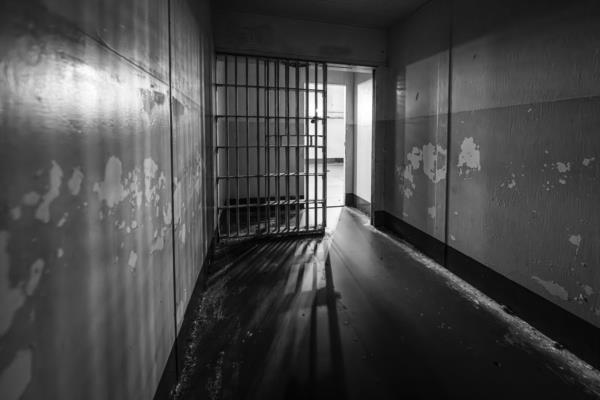
Indiana is preparing to execute Joseph Corcoran, convicted of the 1997 murders of four men, including his brother and sister's fiancé. Corcoran's attorneys argue that his paranoid schizophrenia makes him unfit for execution, citing auditory hallucinations and delusions.
The Indiana Supreme Court and a US District Court judge have rejected the defense's arguments, allowing the execution to proceed. This decision comes after the state obtained pentobarbital, enabling the resumption of capital punishment.
Indiana Attorney General Todd Rokita views the death penalty as a form of justice for victims of severe crimes. Corcoran's sister opposes his execution, emphasizing his mental illness.
Family members of the victims express mixed feelings, with one urging closure after enduring years of media coverage. Indiana's execution protocol does not permit media witnesses, unlike most states with the death penalty.



Corcoran's mental health issues predate the murders, with evidence of paranoid schizophrenia presented during his trial. Despite his attorneys' efforts, courts have deemed him competent for execution.
Corcoran's condition remains unchanged, resistant to treatment, raising ethical concerns about executing a mentally ill individual. His attorneys argue that his competency to waive appeals should be reevaluated.
The impending execution raises questions about the intersection of mental illness and the death penalty, highlighting the complexities of administering capital punishment in cases involving severe mental health disorders.




.png?w=600)


